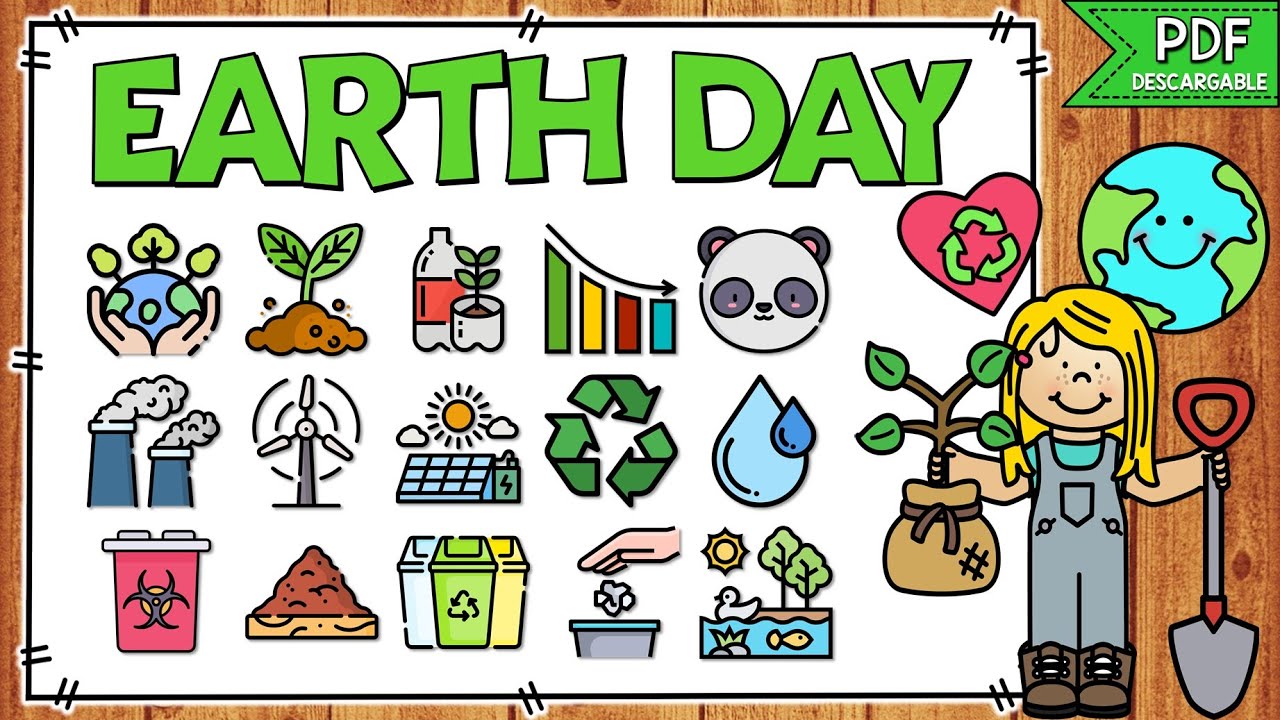Improve your Environmental Vocabulary in English: A Comprehensive Guide
Are you looking to expand your environmental vocabulary in English? Whether you are a student, a professional, or simply interested in environmental topics, having a solid grasp of the vocabulary is essential. In this comprehensive guide, we will cover the most important terms and phrases related to the environment.
The Importance of Environmental Vocabulary
Why is it crucial to have a strong environmental vocabulary?
First and foremost, understanding environmental terminology allows you to effectively communicate your ideas, opinions, and concerns related to the environment. Whether you are participating in a discussion, writing an essay, or even giving a presentation, having a diverse and precise vocabulary will help you convey your message more clearly and accurately.
Additionally, having a solid understanding of environmental vocabulary is essential for staying informed about global environmental issues, as well as for comprehending scientific research and literature. It gives you the ability to read, understand, and critically analyze environmental articles, reports, and studies.
Increasing your Environmental Vocabulary: Steps to Follow
Step 1: Start with the Basics
To build a strong foundation, begin by familiarizing yourself with the fundamental environmental terms and phrases. This includes terms like «sustainability,» «pollution,» «conservation,» «renewable energy,» and «biodiversity.» These terms are essential for understanding the general concepts and principles related to the environment.
Step 2: Dive into Specific Environmental Topics
Once you have a good grasp of the basics, it’s time to explore specific environmental topics and expand your vocabulary accordingly. Learn terms related to climate change, air and water pollution, deforestation, wildlife conservation, and more. This will allow you to discuss these topics in-depth and engage in meaningful conversations and debates.
Step 3: Engage in Environmental Media
Immerse yourself in environmental media such as documentaries, podcasts, and articles. These resources not only provide valuable information but also expose you to various environmental terms in context. Pay attention to the terminology used and make note of any new words or phrases you come across.
Step 4: Expand Your Vocabulary in Different Contexts
Environmental vocabulary is not limited to scientific or academic contexts. It is also important to familiarize yourself with environmental terminology used in politics, economics, law, and policy-making. Understanding the language used in these fields will enable you to navigate discussions and understand the complexities of environmental issues.
Common Environmental Vocabulary Mistakes to Avoid
When learning new vocabulary, it’s important to watch out for common mistakes that learners often make. Here are a few to keep in mind:
Mistake #1: Incorrect Pronunciation
Pronunciation is key when it comes to effectively communicating in English. Make sure to listen to native speakers and practice pronouncing environmental terms correctly. Pay attention to stress patterns and intonation to avoid confusion.
Mistake #2: Lost in Translation
Avoid translating environmental terms directly from your native language, as it may not convey the correct meaning. Instead, try to understand the term within the context of the English language and its specific environmental connotations.
Mistake #3: Overusing Generic Terms
Be cautious of relying too heavily on generic terms like «good,» «bad,» or «important» when describing environmental phenomena. Instead, aim to use more specific and descriptive terms to convey your message accurately and vividly.
Frequently Asked Questions
Q: How can I practice using environmental vocabulary?
A: Practice using environmental vocabulary by engaging in conversations, participating in environmental forums, writing essays or articles, and reading environmental literature. The more you actively use these terms, the more familiar and comfortable you will become with them.
Q: Are there any online resources to help me improve my environmental vocabulary?
A: Yes, there are several online resources available. Websites, apps, and online courses specifically designed to improve environmental vocabulary can be incredibly helpful. Additionally, watching environmental documentaries and listening to podcasts can provide valuable exposure to new terms and phrases.
Q: How long does it take to master environmental vocabulary?
A: The time it takes to master environmental vocabulary varies from person to person. Consistent practice and exposure to environmental terms in different contexts will significantly contribute to your progress. Remember, mastering vocabulary is an ongoing process, so be patient and persistent.
Q: Can I use environmental vocabulary in my everyday life, even if I’m not an environmentalist?
A: Absolutely! Environmental issues affect us all, regardless of our profession or personal interests. Incorporating environmental vocabulary into your everyday life shows your awareness and concern for the world around you. It can also spark conversations and inspire others to take action.
Remember, building an extensive environmental vocabulary takes time and consistent effort. Use this guide as a starting point and continue to expand your knowledge and understanding of environmental terminology. The more you practice and engage with these terms, the more confident and proficient you will become in using them.

